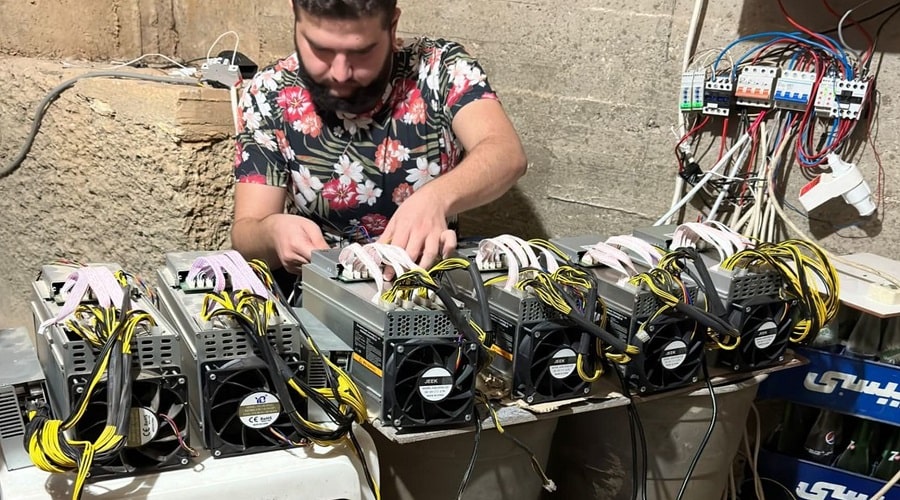
What is Mining?
In the context of cryptocurrencies, mining is the process through which new coins are created and transactions are verified and added to the blockchain. Miners use powerful computers to solve complex mathematical problems. The first miner to solve these problems gets a reward in the form of a certain amount of cryptocurrency.
Requirements for Mining
Cryptocurrency mining requires an initial investment in hardware and software. This typically includes:
- Mining Hardware: Depending on the cryptocurrency you intend to mine, you might need an Application-Specific Integrated Circuit (ASIC), a Graphics Processing Unit (GPU), or even a high-performance Central Processing Unit (CPU).
- Mining Software: This is the program that will connect your mining equipment to the blockchain and mining pool if you’re part of one.
- A Wallet: This is where you’ll store your earned cryptocurrencies.
- A Stable Internet Connection: Mining requires a continuous, stable internet connection.
- Electricity: Mining consumes significant amounts of power, so cheap electricity can significantly impact profitability.
Potential Earnings
How much you can earn from mining, this figure varies greatly and depends on several factors including the cost of equipment and electricity, the complexity of the maths involved, the reward per block and the price of the cryptocurrency you are mining.
Earning Without a Mining Farm
You don’t necessarily need to invest in a large-scale mining farm to earn money from mining. One option is to join a mining pool. In a mining pool, multiple miners combine their computing power to solve the complex mathematical problems faster, and the rewards are then distributed among the members.
Another option is cloud mining, where you lease mining hardware in a remote data center for a specific period and earn profits from the mined cryptocurrency.

Understanding Cryptocurrency Exchanges
A cryptocurrency exchange is a platform where individuals can buy, sell, or trade cryptocurrencies for other digital currency or traditional currency like US dollars or Euro. It’s important for miners because this is typically where they convert their mined cryptocurrency into fiat currency or trade it for other cryptocurrencies.
Risks Involved
Cryptocurrency mining carries several risks:
- Fluctuating Market Prices: The volatility of cryptocurrency prices can significantly affect your mining profitability.
- Increasing Difficulty: As more miners join the network, the difficulty of mining increases, which can reduce your potential rewards.
- Hardware Failure: Mining uses hardware intensively, and it can fail.
- Electricity Costs: High electricity costs can turn profitable operations into losses.
- Regulatory Risks: Changes in regulatory policies towards cryptocurrencies can impact mining profits.
Global Skepticism Towards Mining
Despite the potential profits, there are reasons why mining is not universally embraced:
- Environmental Impact: Mining consumes a lot of electricity, leading to a high carbon footprint. This has led to criticism and pushback, particularly in countries with limited power infrastructure or where electricity generation is still largely based on fossil fuels.
- Regulatory Uncertainty: Cryptocurrencies and their mining are subject to regulatory scrutiny in many countries, and changes in these regulations can greatly impact mining’s feasibility and profitability.
In conclusion, while there is potential to make money from cryptocurrency mining, it’s important to understand the investment required and the risks involved. Like any investment, potential miners should do thorough research and cost-benefit analysis before jumping into this venture.
